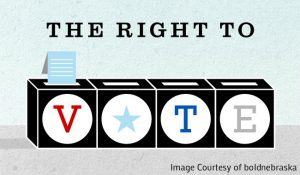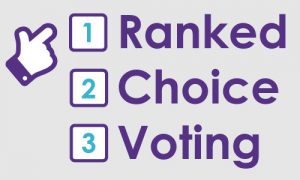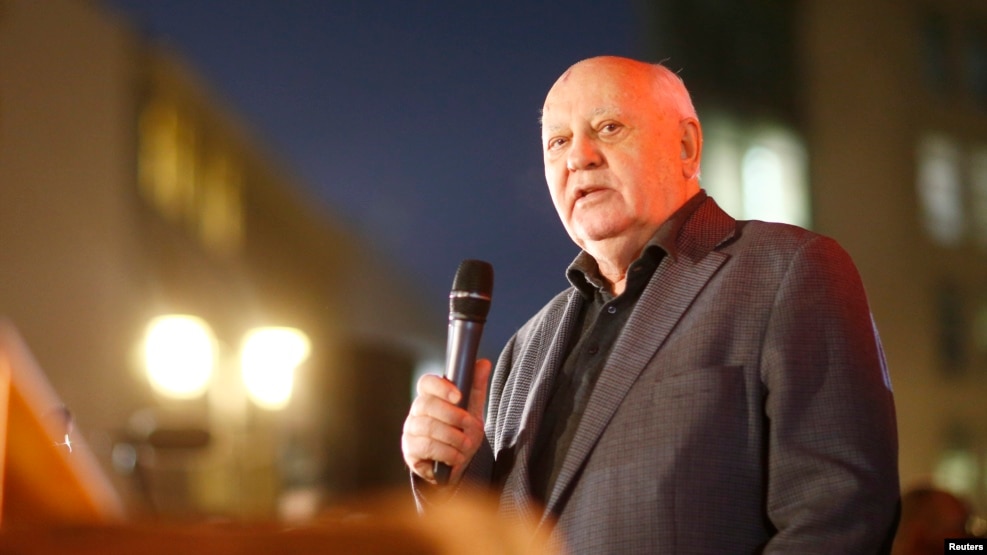 AFP reports: “Opponents of Venezuela’s leftist President Nicolas Maduro staged mass street rallies Wednesday as he held a crisis security meeting, resisting their efforts to drive him from power. … The socialist president and center-right-dominated opposition accuse each other of mounting a ‘coup.'”
AFP reports: “Opponents of Venezuela’s leftist President Nicolas Maduro staged mass street rallies Wednesday as he held a crisis security meeting, resisting their efforts to drive him from power. … The socialist president and center-right-dominated opposition accuse each other of mounting a ‘coup.'”
MARIA PAEZ VICTOR, mpaez[at]sympatico.ca
Maria Paez Victor is a Venezuelan-born sociologist living in Canada. She recently wrote the piece “Hating Venezuela” for CounterPunch.
GEORGE CICCARIELLO-MAHER, gjc43[at]drexel.edu, @ciccmaher
Ciccariello-Maher is a professor in the politics department at Drexel University and author of We Created Chavez: A People’s History of the Venezuelan Revolution and the just-released Building the Commune: Radical Democracy in Venezuela.
He said today: “We suddenly are seeing once again talk of Venezuela becoming a dictatorship. Many of the same people now saying it’s becoming a dictatorship are the people who have been claiming it has been a dictatorship.
“The fact is that democratic institutions in Venezuela have been expanding, even to including methods of direct democracy, like the commune. Far from being a dictatorship, Venezuela had the opposition win the legislature last year — and now the opposition seems set on using that to overthrow the democratically-elected Venezuela government.
“The events we’re seeing this week are not only an attempt by the opposition to sweep away President Nicolas Maduro, but also the Supreme Court. They control one branch of government and want to control all three.”








